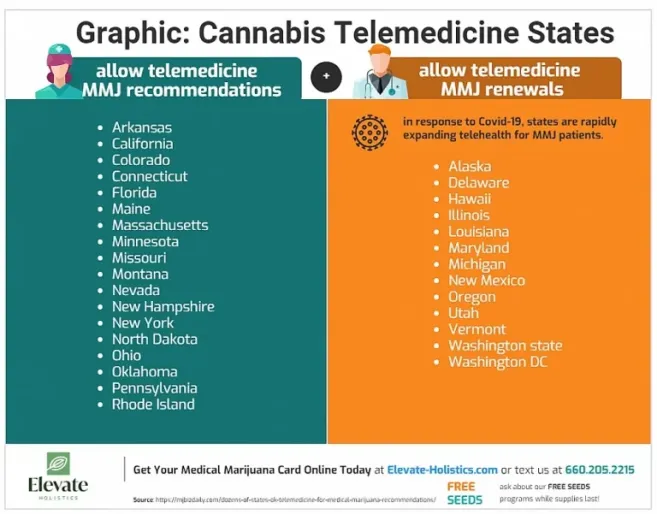Table of Contents
TogglePromising evidence strongly suggests that cannabis could treat and perhaps even prevent dementia-related diseases like Alzheimer’s Disease (AD). Cannabinoid-terpene combination and dosage seem to be key. Ergo, we need more studies.
So why aren’t we pumpin’ out the research on this disease that has no cure, no treatment (other than cannabis, for those who have access), and is a one-way ticket to a devastating end?
Anyone of age in recreational states like California, Colorado, and even D.C. can go down the street and snag some cannabis — legally. But researchers still face many barriers to cannabis access. And two of the main barriers are the FDA and the DEA, which have to give consent for researchers to conduct studies using cannabis and which still run their naysayer flags up the Schedule I drug pole.
Until marijuana is no longer a Schedule I drug, research into the potentially groundbreaking effect cannabis can have on AD and dementia-related diseases will just have to suffer.
Like all the AD patients (in non-legal states) who have nothing to help them.
What Is Alzheimer’s Disease?
AD is the most common form of dementia characterized by a loss of cognitive function and behavioral abilities, disrupting and diminishing the quality of life for patients and their caregivers.
With Alzheimer’s, a number of abnormal proteins — called amyloid beta proteins — accumulate in brain cells. Tau proteins in dead nerve cells (proteins that have been chemically altered) are also typical of AD.
The National Institute on Aging estimates 5.5 million people living in the U.S. with AD (it’s thought to be around 30 million worldwide). The prevalence of this incurable disease doubles every five years after the age of 65. As life expectancy goes up, AD incidence increases dramatically. By 2050, the number of people with AD is projected to increase by 283%. These are harrowing, research-motivating numbers.
Cannabinoids and AD So Far
While current treatments target single causes or symptoms, studies show that cannabinoids can address several processes that play key roles in AD. Cannabis has been shown to have therapeutic effects on neuroinflammation, excitotoxicity (nerve damage/death), mitochondrial dysfunction, and oxidative stress. In addition, we know cannabinoids can help with behavioral disturbances, which can support better sleep and weight gain.
It’s been observed that small doses of THC may help remove or prevent the clumping of plaque-causing beta-amyloid from brain cells. CBD is believed to help prevent beta-amyloid-induced toxicity in PC12 cells. Additionally, Studies show that CBD and other cannabinoids may help promote neurogenesis — the growth of new neural pathways.
Inflammation is also a culprit in Alzheimer’s — because of an abundance of microglia cells that are toxic and damaging to nerve cells. Studies show that THC and CBD can prevent this action in microglial cells, thwarting inflammation. Additionally, THC can stop the breakdown of acetylcholine, restoring the signaling mojo to nerves.
Moreover, some terpenes such as limonene and pinene are suspected of reducing “brain fog”.
The Research So Far
In 2014, evidence published in the Journal of Alzheimer’s Disease, showed THC’s impact on reducing amyloid plaque buildup. According to researchers, “these sets of data strongly suggest that THC could be a potential therapeutic treatment option for Alzheimer’s disease through multiple functions and pathways.”
A 2016 study conducted in Israel revealed that medical cannabis can significantly reduce dementia symptoms. Researchers called cannabis a “safe and promising treatment option” for symptoms in Alzheimer’s disease.
In 2016, a study conducted by the Salk Institute showed that THC helped to reverse the buildup of harmful amyloid plaques within the brain that contribute to neurodegeneration through the death of brain cells. Furthermore, researchers observed that THC reduced inflammation, which contributes to brain cell damage.
Additionally, at Neuroscience 2018, researchers shared that “Treating Alzheimer’s disease mice with the psychoactive compound found in marijuana improves memory and reduces neuronal loss, suggesting a possible therapy for the human disease.”
At the close of 2019, a review of studies on the effects of cannabis on AD was published in the Journal of Pharmacopuncture. Researchers concluded that “results implied that the CBD components of cannabis might be useful to treat and prevent AD because CBD components could suppress the main causal factors of AD. Moreover, it was suggested that using CBD and THC together could be more useful than using CBD or THC alone.”
Alzheimer’s Demands More Research
Most of the studies so far have been preclinical — performed on animal models or lab specimens. In order to green light human studies, researchers need a thumbs-up from several federal agencies, including the FDA and the DEA.
Pharmaceutical companies have been able to study, develop, and market synthetic cannabinoids like nabilone and dronabinol. This is allowed because they are not plant-derived. However, they are extremely potent and have less efficacy than medical cannabis, due to their lack of whole plant compounds, i.e., cannabinoids, terpenes, flavonoids.
In a 2017 interview with CNBC, Dr. David Shubert of the Salk Institute (see study in previous section) said, “It’s so blatantly obvious that this plant should be studied in greater detail, and yet we have this major roadblock stopping it. It’s hard enough to get funding without having to worry about legal issues on top of it. It’s odd and somewhat demoralizing.”
For now, AD patients in states with legalized medical cannabis can almost certainly get access to these helpful cannabinoids. But from what the research shows so far, further study could potentially laser-focus cannabis treatment to target symptoms more efficiently and effectively — and possibly prevent AD altogether.
How long will the U.S. government continue this aggressive and adolescent Schedule I stance on a substance that could possibly solve the current devastating problem of AD and the bleak future it foreshadows?
Elevate Holistics Online Cannabis Clinic
If you are ready to talk to a compassionate cannabis doctor for your certification, book your telehealth appointment Elevate Holistics today—it’s super easy and secure!



